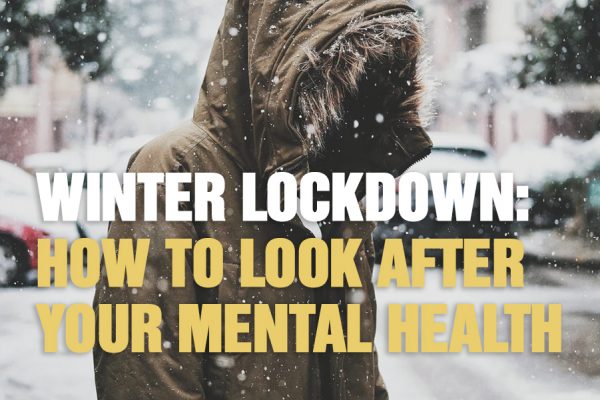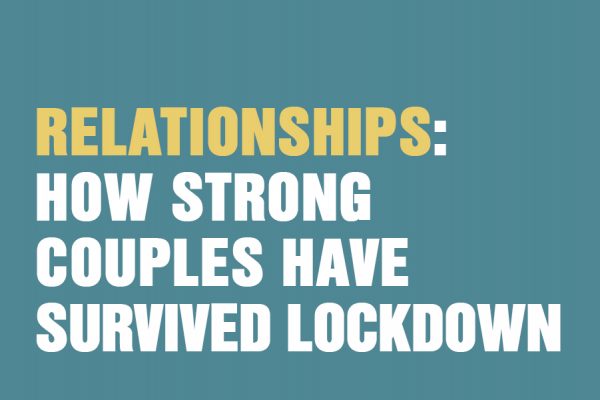The more unlived your life, the greater your death anxiety.
The more you fail to experience your life fully, the more you will fear death. Irvin Yalom
It’s probably not surprising that many people are experiencing death anxiety right now. The fear of losing a loved one, or of dying yourself, may be heightened because of the coronavirus pandemic and the daily toll of all the lives it has claimed.
We are living in unprecedented times. Death has become a part of our every day. This Covid-19 experience of being in lockdown and not being able to be with loved ones may start a process of pondering some big existential questions about the purpose of life. It may make us consider how we can reshape our part in creating our own meaning – and how we commit to living our lives truly and fully.
Existential psychotherapist Irvin Yalom writes on the subject of death anxiety in his book Staring at the Sun: Being at Peace with your Own Mortality: Overcoming the Dread of Death.
He says that the nature of human existence is a “mortal wound” that can help us live our best life, or can leave us feeling paralysed. He writes: “Our existence is forever shadowed by the knowledge that we will grow, blossom, and inevitably, diminish and die.” What we do with knowledge can determine how we live our lives. Fully. Or partially.
What is death anxiety?
- Death anxiety is also known as ‘thanatophobia’, which comes from the Greek words for death (thanatos) and fear (phobos).
- Death anxiety is not categorised as a disorder in the DSM 5, the manual psychiatrists use to diagnose patients. However, it is linked to other disorders such as phobias, anxiety and post-traumatic stress disorder.
- Death anxiety can begin in adolescence, and brings on soul searching and angst, as teenagers begin the process of separating from parents and finding their self-identity. This can range on a scale from ‘emo’ behaviours that delve into emotions, to having suicidal ideation, and sometimes acting on those thoughts.
- Death anxiety can re-emerge in middle-aged people, often when children have flown the nest. Middle age leads to heightened awareness of mortality, and people can start to question what they’ve done with their lives as move closer to “diminishing and dying”.
- Yalom says the fear of death can manifest as:
- “Generalised unrest”, or through another psychological symptom. This can feel like a vague gnawing that something doesn’t feel right, and it may be a melancholy or a lowness, but you can’t put your finger on what it’s about.
- “An explicit and conscious stream of anxiety about death.” This can manifest in obsessive thoughts and feelings. You may obsess about your children being home at a certain time, or your partner having to drive for work a lot – causing you to check traffic reports constantly. You may worry what your loved ones are eating, drinking, thinking – and are they being healthy. You may watch news compulsively and agonise for hours afterwards about the injustices and vulnerabilities in the world.
- “A terror that negates all happiness and fulfilment.” Taken to this extreme, life may become extremely tight and small, as you restrict yourself and your loved ones for fear something will happen to them. You experience death as all around you. It may be that you can’t enjoy the blossoms on your flowers because all you can think about is the petals dying and dropping. And social gatherings can be agony for you: how can you enjoy the interactions when everyone is going to leave at the end?
In Yalom’s words, you may create some defences and practices to “soften death’s terror”. These can include:
- Taking part in extreme sports and dangerous, on-the-edge experiences, which make you feel alive – as though we’re deliberately cheating death.
- Living vicariously through your children, or continuing to having more kids.
- Seeking out younger partners to help you feel young and vibrant and relevant.
- Acquiring objects and status and achievements to help you feel bigger and safer and immune.
- Developing rituals and obsessions that you may feel protect you.
- “Embracing an impregnable belief in an ultimate rescuer” – perhaps through religious or spiritual beliefs and practices. Believing in an after-life may help some people to alleviate their death anxiety.
- Becoming obsessive about a cause, a community or a person – to the exclusion of all else.
- Delaying sleep, so you can pretend that you’re living more minutes in life
Some support in helping you manage death anxiety
Find pleasure in the tiny moments and joys of life. Appreciate the blossoms. Accept the hugs. Eat the cake. Enjoy the party. Just as moments in themselves.
Create a project that gives you meaning. This may mean a vegetable patch, a community group, an artwork, a book, a support network, a friendship group. Allow yourself to connect with things and people you’re passionate about.
Accept that anxiety comes along for the ride. Being human and alive means we’re going to die at some point. Acceptance may alleviate some of your anxiety.
Deal with anxious feelings by self-soothing. Identify ways to calm all of your senses and feel safe in your own world.
Seek help if you’re feeling overwhelmed. You don’t need to hold all of this by yourself, espcially if people in your life don’t ‘get’ you or aren’t supportive in the way you need them to be.
Be compassionate with yourself. Don’t beat yourself up for having difficult feelings.
Don’t watch the news. Journalists are paid to create headlines. Staying away from the news can help you focus on what is in your control, rather than escalating your fears into what is totally beyond your control.
Review your life’s purpose. Is there something you’ve secretly wanted to do or achieve, but have held yourself back? Maybe now’s the time to review and take some baby steps towards achieving that.
Reframe your existence: thank every day for being here.
We’ll end with a thought-provoking quote from Yalom in Staring at the Sun:
By grasping, really grasping, our human condition – our finiteness, our brief time in the light – we will come not only to savour the preciousness of each moment and the pleasure of sheer being, but to increase our compassion for ourselves and all other human beings.
If you’re struggling to cope with the current coronacrisis, and fear of death is stopping you living a full life, then do get in touch with us. We can match you with a therapist to support you through this. Call 020 8673 4545 or email [email protected].








2 Comments. Leave new
Hi there. As well as the brilliant work and support happening here; please check out the following group for people living with Death Anxiety / Thanatophobia D.A.D.S – Death Anxiety Discussion & Support (Thanatophobia)
Thank you so much for taking the time to share this brilliant resource.